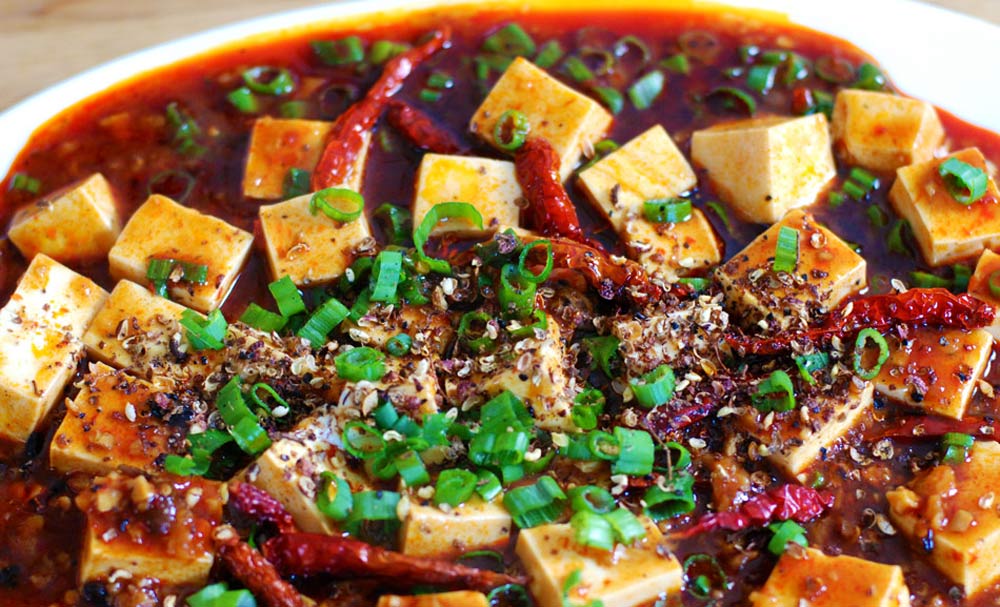Quit Your Bellyaching with These Tips to Avoid China Stomach Bugs
Traveling around China can be fun and exciting, but it is also a crowded, chaotic and often-times messy affair – especially when it comes to food: if you aren’t careful, that savory looking chuan’r you scarf down in Xi’an or that sumptuous shellfish feast you polish off in Qingdao may come back to haunt you.
Dr. Eddie Cheung knows these horror stories all too well. For over 40 years the head of Sanfine International Hospital’s Gastroenterology Department has treated countless patients suffering from digestive ailments in the US and now Beijing.
Name a digestive disorder and Dr. Cheung can most definitely treat it. As a student he was mentored by Barry Blumberg, the Nobel Prize-winning doctor who not only discovered Hepatitis B, but also developed the tests and vaccines to treat the virus.
Below Dr. Cheung gives his advice on what to be wary of when eating your way around China.
Sichuan Spice: Can You Handle the Heat?
The famously spicy and numbing peppers and peppercorns you find in Sichuan cooking can numb your tongue and burn your stomach. “If you dive right into eating them, your body might not be able to handle it,” Dr. Cheung comments. Over the years working in China, he has had to treat a number of patients who experienced unpleasant symptoms from unwittingly ingesting too much spices, “some even to the point of developing bleeding from the severe recurring retching and nausea.”
Such cases may be extreme, but Dr. Cheung says that these super spicy dishes can give even the most intrepid and experienced travelers various stomach discomfort. Dr. Cheung says listening to your body and exercising caution are the best ways to avoid digestive issues.
Allergy Sufferers: Don’t Play Chicken with the Sea
Seafood is everywhere in China’s coastal cities. Most of it looks pretty darn tempting, but do you really know what and how much your body can handle?
“Eating seafood in China can be problematic,” says Dr. Cheung, who explains that anyone with seafood allergies should be especially careful when eating in seaside cities like Qingdao, Xiamen or Sanya. “It’s always a good idea to bring along a Chinese friend to request that there’s not something in the dish, like shellfish, that could cause allergic reactions.” Dr. Cheung also suggests that all travelers bring along antihistamines, like Benadryl, before indulging in seafood feasts.
Beware of “Greased Lightning” When You Chomp on that Chuan’r
As with the mala dishes found in Sichuan, Dr. Cheung warns that chuan’r can have a fiery kick that might leave unaccustomed foodies winded and incapacitated. “Sometimes chuan’r are covered in strong spices and the meats are not cooked properly,” he says. Dr. Cheung suggests trying an initial bite or two, “and if your body tells you ‘Hey, go ahead,’ then gradually ease into it. Try a bit more the next day, and then a have a bigger portion the day after that if all goes well.”
“Liver Worst”: How to Avoid Hepatitis on the Road
Dr. Cheung says that while catching Hepatitis is relatively rare, you should still watch what you eat and drink when traveling around China “Most viruses are not food related for the most part, but Hepatitis A can be contracted from contaminated food or from water like ice cubes.” Dr. Cheung says it is a good idea to check the news for Hepatitis outbreak warnings in the regions you plan on visiting, and warns that ice cubes, drinking water, and even swimming pools can all be risky.
Keep these tips and warning in mind so you can enjoy a safe and healthy journey during this October break. Your stomach will thank you.
An extended version of this article originally appeared on thebeijinger.com as a sponsored post for Sanfine
International Hospital.
Photo: noshon.it

